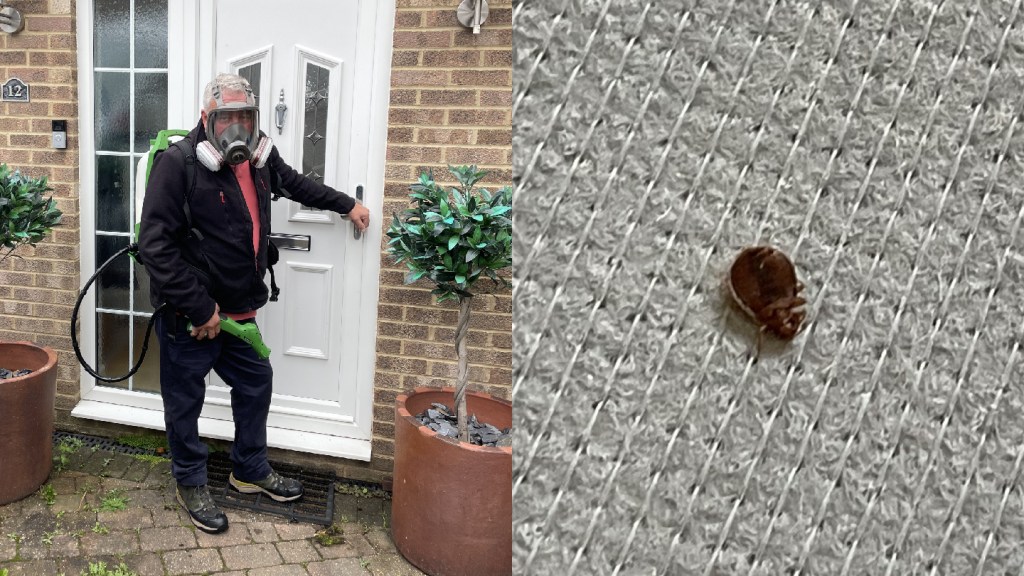Almost nine years ago, a north London supermarket very quietly started selling grey squirrel meat, adding it to its game selection because of its sustainability. “It’s [a] bit like rabbit,” Andrew Thornton, the owner of the Budgens supermarket in Crouch End, said at the time. “I think there will be a lot of fuss about this now, but in a few years it will become accepted practice that we eat squirrels. People don’t bat an eyelid now about eating rabbit.”
Well, it’s been nine years and it’s not accepted practice yet, but at least one London chef agrees with him about its sustainability. According to the Telegraph, Ivan Tisdall-Downes has started serving a slow-cooked squirrel ragu—and the occasional barbecued squirrel heart—at his restaurant Native in London’s Borough Market.
Videos by VICE
“Squirrel is one of the most sustainable proteins you can cook really,” he said, basically echoing Thornton. “It’s tasty, it’s not as gamey as rabbit, it’s nice white meat […] It’s very good for you, it’s quite lean.”
One Telegraph critic who has tried Tisdall-Downes’ ragu described it as “succulently rich and tender,” with a flavor like that of lamb. “Paired with the silky celeriac, cheese and tangy pickled walnuts and you could tell me it was straight off the A30 [motorway]—I’d still have scoffed the lot,” she wrote.
Tisdall-Downes is all for eating grey squirrels, especially because their population seems to be forever increasing, and they have a nasty habit of taking food and forest from the country’s endangered red squirrels. The grey squirrels—which now number over 5 million—are largely predator-free, which means that they’re free to eat, bone, and repeat without any real repercussions. (Since greys are considered a non-native pest species, there have even been attempts to sterilize them using Nutella laced with a hormone suppressant. Tasty).
Robert Gooch, the owner of the Wild Meat game company, said that squirrel has become his third-biggest seller in England, right behind venison and pheasant. “Consumers are very concerned about the stress that farmed animals go through in their lives so are more interested in wild meat,” he told the Telegraph. “Eating meat from animals that are killed or culled anyway is sustainable otherwise it would be waste.”
In the United States, you’re more likely to find the word squirrel in a restaurant’s name than you are on its menualthough that hasn’t always been the case. National Geographic reports that James Beard’s American Cookery had a recipe for Brunswick stew that required “two or three squirrels,” as well as a recipe for squirrel fricassee. And, until 1996, Irma S. Rombauer’s classic Joy of Cooking even had diagrams for properly skinning a squirrel.
There are places where squirrel never fell out of favor and, yeah, they’re mainly in the Southeast. For the past 19 years, Hampshire County, West Virginia, for example, has hosted an annual Squirrel Fest, where the locally prepared entrees have included squirrel cobbler, squirrel with herb dumplings and—a perennial favorite—squirrel gravy.
Nine years ago, when Thornton added squirrel to the Budgens inventory, he was called out by an animal welfare group that accused him of “profiting from a wildlife massacre.” In reality, he hasn’t put a dent in Britain’s grey squirrel population, but he has found a way to make an already sustainable meat even more planet-friendly. As of last fall, his store now sells ‘plastic free squirrel’ that is sold in a fully compostable tray with fully compostable wrappings.
Not bad, Budgens. Not bad at all.




